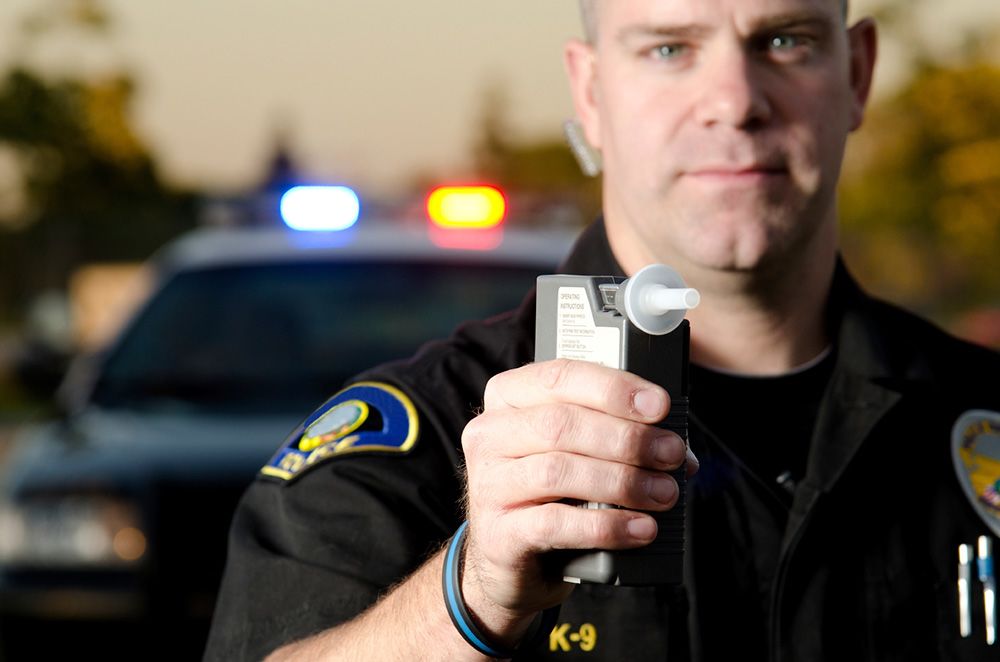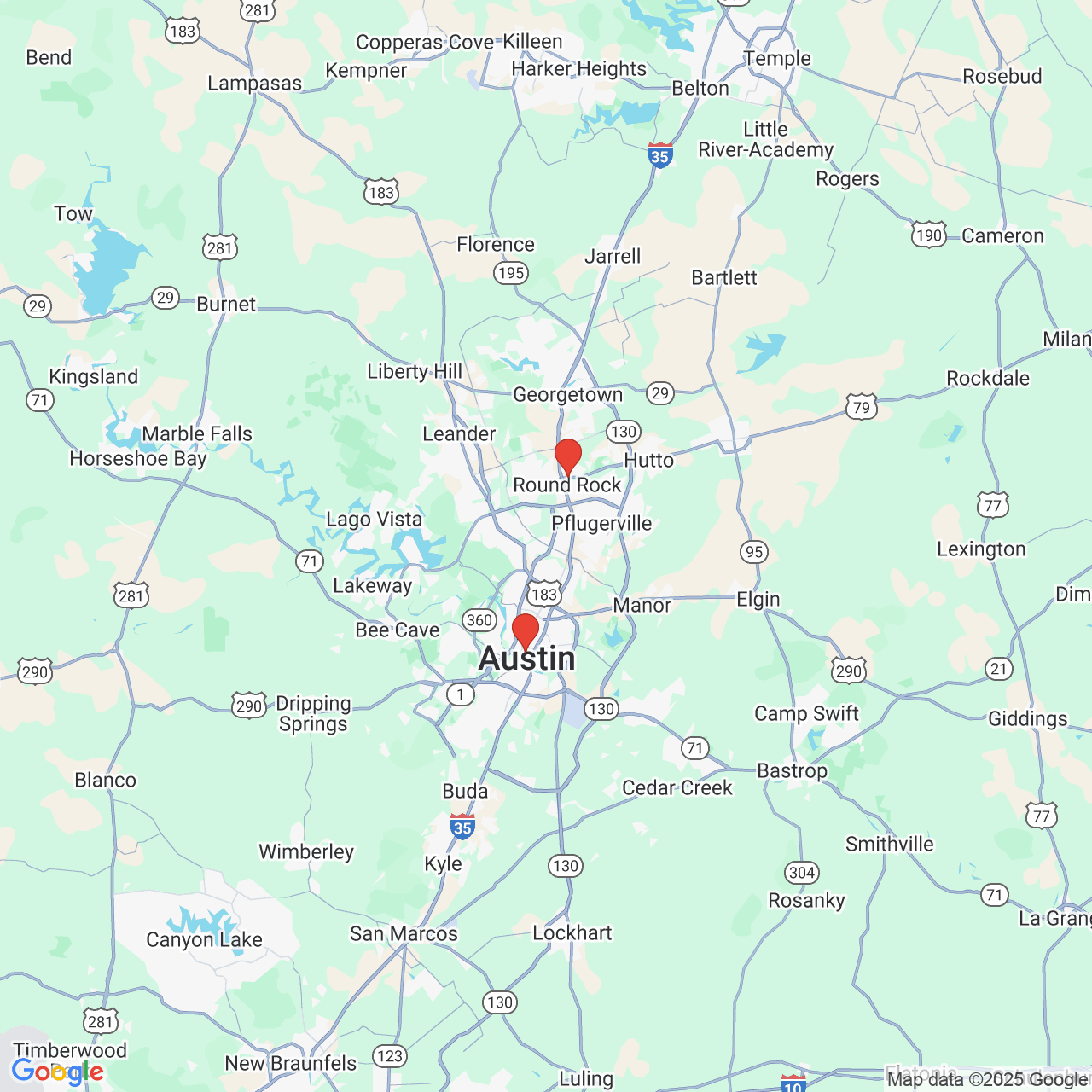Understanding DWI Offenses in Texas
When you are arrested for a DWI, you are subject to several types of charges that can range from a class B misdemeanor to a felony charge in more severe cases. Penalties will depend on several factors, including your blood alcohol concentration (BAC) and whether this is a first DWI offense or a second or third offense. The team at The Law Offices of Jason Trumpler can help you build a strong defense to minimize the impact on your quality of life. Our DWI misdemeanor attorney Jason Trumpler has an advanced understanding of DWI cases and has helped many clients achieve favorable outcomes, ensuring they retain their license and avoid jail time. If you have been charged with driving while intoxicated, contact our offices in Austin or Round Rock, TX, right away to start building your case.

First Offense: Class B Misdemeanor
In most cases, the penalties for a First Offense DWI include:
- Up to a $2,000 fine
- 72 hours to 180 days in jail
- Driver's license suspension: 90 days to one year
- 1,000 annual Department of Public Safety (DPS) surcharge for three years
Most people convicted of a first offense DWI do not serve any jail time. They are technically sentenced to jail, but the jail sentence is suspended and they are put on probation (community supervision).
Community Supervision
Community supervision is generally for a term of one to two years. While on community supervision, you must follow the judge's orders. The probation department and the judge can order any condition of community supervision they deem reasonable. If you do not do what the judge and/or probation has ordered you to do, then the judge has the option of revoking your community supervision and putting you in jail for any number of days up to the original jail sentence. Remember, if you plead guilty to any type of DWI, you are not eligible for deferred adjudication community supervision.
Again, the judge can order any reasonable condition of community supervision. The typical conditions of community supervision include:
- Do not violate the law
- Report to your probation officer, usually once a month
- Pay your fine, court costs, and monthly probation fees
- Do your community service (for a first offense DWI, you must do between 24 and 80 hours community service)
- Do not drink alcohol
- Attend DWI Education classes
- Attend what is called a Victim Impact Panel, which is presented by M.A.D.D. and is designed to educate on the dangers of DWI
- Get a drug and alcohol evaluation (If the evaluation reveals you have a problem with drugs or alcohol, more intensive treatment of the problem will be ordered)
- Maintain a job
In some counties, you can complete a county work program instead of community supervision or jail time. Be sure to ask your Texas DWI attorney if this option exists in your county. This program helps ensure you do not violate community supervision and receive a more significant sentence than you may have in the first place.
Blood Alcohol Concentration (BAC) Greater than a 0.15 Percent
A First Offense DWI in Texas with a BAC of a 0.15 percent or greater is a Class A Misdemeanor. If you are placed on community supervision and your BAC is over a 0.15 percent, you will be required to have a deep lung air device (called an Ignition Interlock Device or IID) on your vehicle. This is a breath test hooked up to the ignition of your car. If alcohol is on your breath, your car will not start. Moreover, any alcohol on your breath, will be reported to your probation officer as a violation of your community supervision and can cause your community supervision to be revoked.
Our compassionate DWI attorney can help you navigate all aspects of your case, while aggressively defending your rights.
Besides the addition of an ignition interlock device, the terms and conditions of probation will likely remain the same as they are with a standard First First Offense DWI. However, you can be sentenced to up to one year in the county jail rather than 180 days and you may be fined $4,000 rather a $2,000. There is a collateral consequence a $2,000 surcharge rather than the $1,000 surcharge for individuals with BACs less than 0.15 percent.
Second Offense: Class A Misdemeanor
If you are convicted of a class A DWI misdemeanor, you will likely incur:
- Up to a $4,000 fine
- 30 days to one year in jail
- Driver's license suspension: 180 days to two years
- Second or subsequent conviction: $1,500 annual DPS surcharge for three years
If you are convicted of a second DWI, you are eligible for community supervision. Community supervision is not granted as often for a second DWI as it is for a first, but it is not uncommon. Having an advocate in court who can speak on your behalf can increase your chances of a favorable outcome.
Community Supervision
If you are given community supervision on a second DWI, the requirements will generally be much more demanding than a first offense, and will generally last a full two years. In addition, you must serve a maximum of 30 days jail time as a condition of your community supervision, as well as 80 to 200 hours of community service. You will also be required to have a deep lung air device (called an Ignition Interlock Device or IID for short) on your vehicle.
Third Offense or More
If you are convicted of three or more DWIs, the penalties can increase to include:
- Up to a $10,000 fine
- Two to 10 years in the state penitentiary
- Driver's license suspension: 180 days to two years
While probation is less likely in third offense cases, there are situations in which you may be eligible for community supervision. If you are eligible for community supervision, the term must be from two to 10 years. The courts will look at many factors to determine if you receive community supervision, including:
- How long has it been since your last DWI?
- If you previously had a community supervision, how did you do while on community supervision? Did you ever violate a condition of the community supervision?
- How severe are the facts of the new case?
- Was there an accident?
- If you took a breath or blood test, how high was your breath/blood alcohol concentration?
- Are there any other aggravating factors?
A third offense DWI can also be reduced to a misdemeanor, with conditions similar to those of a second DWI. For the most part, however, they are handled as third degree felonies, which carry a sentencing range of two to 10 years in the Texas Department of Corrections.
Community Supervision
An individual granted probation for a felony DWI will likely be required to complete from 160 to 600 hours of community service, attend an alcohol treatment program, and serve jail time as a condition of probation with a minimum time of 10 days and a maximum of 180 days.
There are various types of alcohol treatment programs that a judge can require. These range from outpatient treatment to intensive inpatient treatment. The most intensive of these inpatient programs authorized by statute is the Substance Abuse Felony Program (SAFP). SAFP is a treatment program set in a penal setting that is run by the Texas Department of Corrections. You are sentenced to the program for a minimum of 90 days and up to one year. After completion of SAFP, there is generally 90 days of transitional treatment and then a period of aftercare.
Many counties like Caldwell County, Comal County, and Williamson County regularly recommend SAFP if they grant community supervision on a felony DWI.
Shock Probation
Shock Probation occurs when you are actually sentenced and go to the penitentiary. At any time prior to 180 days from the date of being sentenced to prison, the court can "shock" you out of prison and put you on community supervision. To qualify for shock probation, you must be eligible for community supervision and never have been sentenced to prison before. Then it is the decision of the court that sent you to prison. A jury can also sentence you to shock probation after a jury trial.
A Compassionate Advocate
We understand the complexities of vehicular crimes and DWI cases. Though each case is unique and every outcome is different, we have helped many clients reduce their charges or have their cases dismissed entirely. Our compassionate DWI attorney can help you navigate all aspects of your case, while aggressively defending your rights. Contact us online or call us at (512) 457-5200 to schedule a consultation with our team today.


